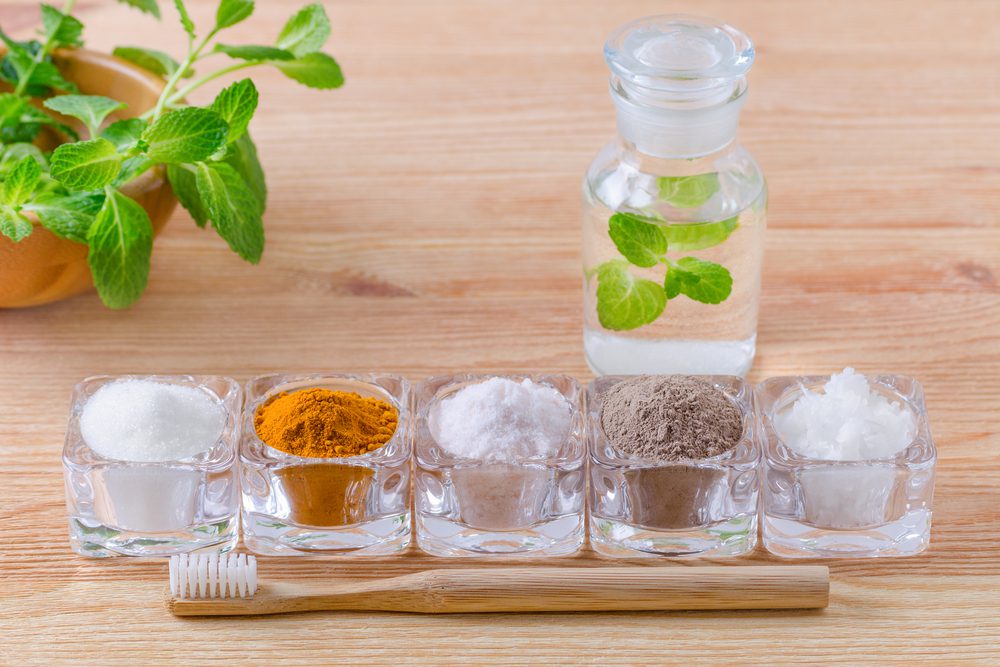Turmeric, derived from the Curcuma longa plant, has been a staple in traditional medicine for centuries. But its transition from an ancient remedy to a widely studied health supplement marks a shift in how the world views natural medicine.
Recent scientific research has only deepened the intrigue surrounding this bright yellow spice. While this spice has long been praised for its culinary and medicinal properties, modern studies now highlight its potential for supporting various aspects of health, from reducing inflammation to protecting against chronic diseases. But what exactly makes turmeric so special, and how can it be integrated into daily wellness routines?
The science behind turmeric’s health benefits
At the heart of this spice’s potency is curcumin, a compound that has captivated researchers with its biological activity. This powerful substance exhibits both anti-inflammatory and antioxidant properties, making it particularly significant in addressing chronic conditions such as arthritis, cardiovascular disease, and metabolic disorders.
Curcumin works at the molecular level to combat oxidative stress, a key driver of aging and disease. By neutralizing harmful free radicals and supporting the body’s natural defense systems, it plays a crucial role in maintaining cellular health. Researchers have also found that curcumin influences genetic pathways related to inflammation, which could explain its potential in treating conditions like rheumatoid arthritis and inflammatory bowel disease.
Interestingly, turmeric’s therapeutic effects extend beyond curcumin alone. The spice contains a range of bioactive compounds that work together, sometimes producing different effects compared to isolated curcumin supplements. This complexity suggests that whole this spice may offer unique advantages not found in single-extract formulations.
How turmeric supports the body and mind
The versatility of this spice in health applications is remarkable, with research spanning multiple areas of medicine. One of the most well-documented benefits of turmeric is its ability to reduce inflammation, particularly in conditions like osteoarthritis. Studies suggest that curcumin supplementation may help alleviate joint pain and stiffness, offering a natural alternative to traditional pain relievers.
Beyond physical health, this spice has sparked interest in mental well-being. Emerging evidence suggests curcumin may influence mood regulation by interacting with neurotransmitters such as serotonin and dopamine. Researchers are exploring its potential as a complementary approach to managing depression and anxiety, although more clinical studies are needed to confirm its effectiveness.
Turmeric’s impact on brain function also extends to cognitive health. Some studies indicate that curcumin may help protect against neurodegenerative diseases by reducing the buildup of harmful proteins in the brain. While early findings are promising, the full extent of turmeric’s role in brain health remains an active area of investigation.
Making turmeric a part of daily life
Integrating this spice into a wellness routine can be simple, with multiple options to suit different preferences. One of the most traditional methods is through diet. Turmeric is commonly used in curries, soups, and teas, adding both flavor and potential health benefits to meals.
For those seeking a more concentrated dose, turmeric supplements offer a convenient alternative. Capsules, powders, and liquid extracts provide varying levels of curcumin, often combined with black pepper or fat-based carriers to enhance absorption. Bioavailability remains a key factor, as curcumin alone is poorly absorbed by the body. Adding piperine, a compound found in black pepper, has been shown to significantly increase its effectiveness.
Turmeric-infused beverages, such as golden milk and herbal teas, present another way to incorporate the spice into daily routines. These preparations not only maximize absorption but also provide a soothing, warm drink with additional health benefits.
Understanding turmeric’s safety and effectiveness
While turmeric is generally considered safe, awareness of potential side effects is essential. In some individuals, high doses may cause digestive discomfort, including bloating or acid reflux. These effects can often be minimized by consuming turmeric with food or opting for lower doses.
More serious concerns arise when turmeric interacts with medications. Because curcumin affects blood clotting, individuals on anticoagulants should exercise caution when using turmeric supplements. Similarly, those with diabetes should monitor their blood sugar levels, as curcumin may enhance the effects of glucose-lowering medications.
Despite its many benefits, this spice is not a cure-all. While studies highlight its potential, results can vary depending on factors such as individual metabolism, dosage, and the specific condition being addressed.
The evolving future of turmeric research
As scientific interest in this spice grows, researchers continue to explore new applications and delivery methods. One area of focus is enhancing curcumin’s bioavailability through advanced formulations. Liposomal curcumin, nano-emulsions, and curcumin-loaded micelles are being studied for their ability to improve absorption and maximize therapeutic effects.
In the broader field of preventive medicine, this spice’s role in reducing inflammation and oxidative stress could have far-reaching implications. Ongoing studies are investigating its potential for preventing chronic diseases such as Alzheimer’s and certain cancers. If proven effective, turmeric could emerge as a key component in future wellness strategies.
The journey of turmeric from ancient remedy to modern health powerhouse reflects a growing appreciation for natural medicine. As research continues to uncover its vast potential, this golden spice may hold even more secrets than science currently understands.














